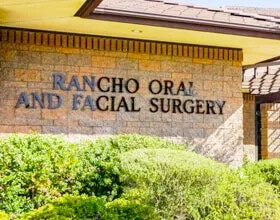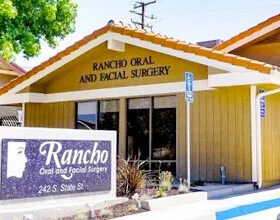Being prepared for your surgery is one of the best ways to ensure your entire experience is a positive one.
General Pre-Surgical Instructions
Unless you receive different instructions from your oral surgeon, keep the following in mind:
- Do not eat or drink anything (including water) for eight hours prior to your appointment. If you take medications, you should take them with a small sip of water no later than three hours prior to your appointment.
- A responsible adult must accompany you to the office, remain in the office during the procedure, and drive you home.
- Wear comfortable, loose-fitting clothing with sleeves that can be rolled up past the elbow.
- Remove contact lenses, dental prosthetics (dentures), and jewelry.
- Do not wear lipstick, excessive makeup, or nail polish on the day of surgery.
- Fill any prescription pain medications and antibiotics before the day of your surgery.
- If you have an illness such as a cold, sore throat, or upset stomach or bowels, please notify the office.
Be sure to talk to your oral surgeon if you currently take medications that contain aspirin, Advil, Motrin®, Aleve® (naproxen), ibuprofen, or Tylenol® (acetaminophen); or anticoagulants such as Coumadin®, Plavix®, Lovenox®, and Heparin.


